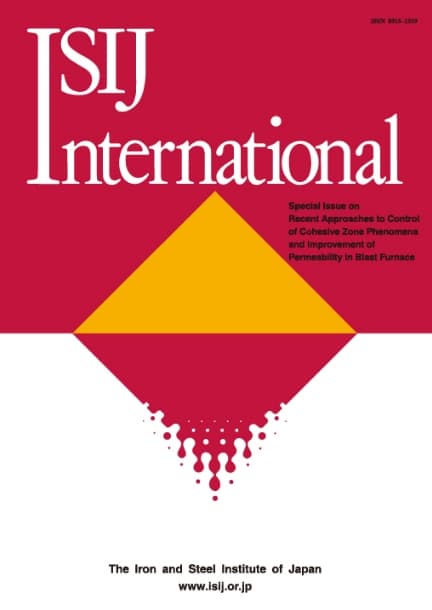Effect of Chlorine on the Vaporization Behavior of Zinc and Lead during High Temperature Treatment of Dust and Fly Ash
Yan-ling Zhang, Eiki Kasai
pp. 1457-1468
抄録
Smelting process is a practical method to treat incineration ash of solid wastes in terms of volume reduction and decomposition/immobilization of toxic materials. In this process, chlorine is a key element to determine the removal ratio of heavy metals such as zinc and lead. The present paper is aiming to give a general review of researches on the effect of chlorine on the vaporization behavior of zinc and lead in molten slag. First, the basic information such as solubility/activity of chlorine in the slag, vaporization mechanism and kinetics relating to chlorides during heat treatment of fly ash are summarized. Then, the vaporization behaviors of zinc, lead and their chlorides during heating are discussed together with important process factors such as atmosphere, temperature, chemical composition and slag matrix. Further, some information on the oxychlorides of Zn and Pb are introduced.










